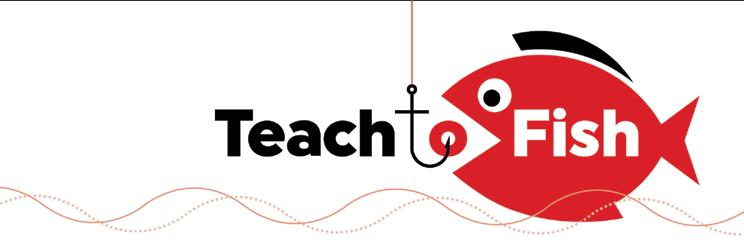
3 minute read
Bottom Line
How to remain financially fit in a COVID-19 world
5 tips for weathering the storm and being better prepared for the future
Advertisement
It’s safe to say the business world has a much different look and feel today compared to the beginning of 2020. There are operational protocols and new ways of doing business in place to protect your employees and customers. One thing hasn’t changed though, is the importance of running a lean and profitable business. In the midst of any crisis, including this ongoing pandemic, remaining financially fit in your business is the number one asset to help you survive the storm. Here are some tips to get you through the volatility of 2020 and help prepare you for another downturn in the future.
Do an expense review
One of the first things we recommended all of our clients to do last March as the pandemic started to take shape was a thorough audit of every expense incurred in the previous six months. I recommended going through line by line and marking each expense with one of three labels:
P = a profit-generating expense
R = an expense that could be replaced with a cheaper alternative
U = an expense that is unnecessary to growing your revenue or profit
By being aware of your unnecessary expenses and finding cheaper alternatives for products and services, you will not only make smarter purchasing decisions in the future, but will also increase your monthly cashflow to help weather any uncertainties.
Work toward debt-free
One of the most financially crippling aspects of a business is debt. Some accountants may advise for tax purposes that business debt can be a benefit but, in all honesty, it’s generally a pain point more than a positive. Not only can the interest that you’re paying on your debt hurt your bottom line, it can also take up a significant amount of your monthly cashflow. Focus on paying off your smallest debt balance first and then use that payment amount to pay extra on the next one, etc. Being a debt-free company is great when times are good, and it is one less thing to stress about when times aren’t so good.
Take advantage of employee-retention credit
For any business that did not receive a Small Business Association forgivable loan, you may be able to claim a refundable payroll tax credit for up to $5,000 per employee if you meet a few requirements that were outlined as part of the CARES Act. You may also be eligible to defer the payment of payroll taxes for your business. Check with your tax professional to see if you may qualify for either of these benefits.
Build up emergency savings
While the concept of having emergency savings may not be something to help you right now, it will help you prepare for and survive any future slowdowns in business. We advise our clients to have at least three months of operating expenses (and owner’s compensation) on hand at all times. This may take some time to build up. I recommend to start contributing 5%–10% of profit (or revenue, if you can) to this separate account. Remember, something is better than nothing in the beginning and, over time, you’ll have a nice cushion to take some of the stress off.
Prepare for taxes in advance
You didn’t honestly think we could have a finance article without talking about everyone’s favorite Uncle Sam, did you? Withholding a percentage of revenue throughout the year to pay your taxes is a great strategy to avoid a financial roller coaster next spring. We recommend sitting down with your tax advisor at least twice a year (outside of filing your taxes) to tax plan for the current year. This is especially important for anyone who received a Payroll Protection Program (PPP) loan, as the qualified expenses from the proceeds of that loan cannot be deducted on your 2020 taxes as they normally would.
These principles are a great start to become a financially fit company. They are applicable to your business during times of distress as well as when times are normal again … whenever that may be. CHRIS MOORE has spent the last 10 years advising painting business owners in a variety of areas. He owned his own painting business before transitioning into a full-time business consultant. EliteBusinessAdvising.com







